Belt Alternator Starters
BAS: The Low-cost Approach to Hybrids
What is all the recent hype about belt hybrids? Is it going to shatter the world of hybrids? Not exactly. The belt system, Belt Alternator Starter (BAS) is the least a carmaker can do, and still claim the hybrid badge. It’s the answer when the cost is the major decision factor. And for many American car buyers, cost is a major concern.
General Motors, so far the biggest advocate of BAS, is betting that consumers will choose the moderate price and moderate benefits of the BAS over a more robust hybrid system. Or that these consumers will upgrade from conventional models to BAS-hybrids, in order to get slightly better fuel economy.
How Does It Work?
The BAS concept is to replace the belt-driven alternator with an electric motor that serves as a generator and a motor. Thus when the engine is running the motor, and acting as a generator, the system will charge a separate 36-volt battery. When the engine needs to be started, the motor then applies its torque via the accessory belt, and cranks the engine instead of using the starter motor.
In this scheme, the motor/generator can be made larger than a standard starter motor so more torque can be generated when in the motoring mode. This allows for quicker starts of the engine and makes the start/stop operation possible. Stopping the engine while the vehicle is at idle is a means to conserve fuel. The disadvantage to this type of system is that you notice the engine starting and stopping. The control system for this technology so far has been somewhat crude in comparison to the full hybrid engine startups and for some people, it could be annoying.
The belt is a short-term solution to get two percent to five percent increase in fuel economy and it mostly affects the city mileage with hardly any effect on the highway mileage. On extremely small vehicles, the belt alternator starter might nudge a vehicle into the mild hybrid category. Otherwise, consumers should know that dealers describing vehicles with this technology as hybrids are defining hybrid technology in the broadest sense.
Hybrid purists may not want the BAS included alongside the Toyota Prius or Honda Civic Hybrid—but if the BAS offers a viable low-cost alternative to consumers seeking small gains in fuel economy, then more power to it.
Become an AutoGuide insider. Get the latest from the automotive world first by subscribing to our newsletter here.
More by AutoGuide.com Staff

















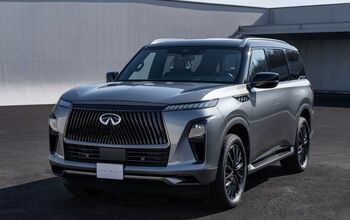
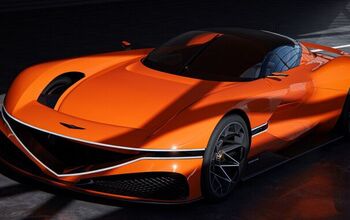


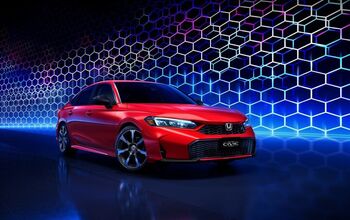


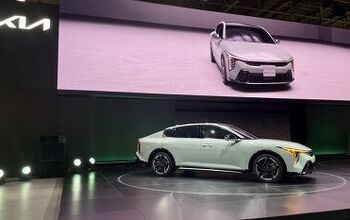



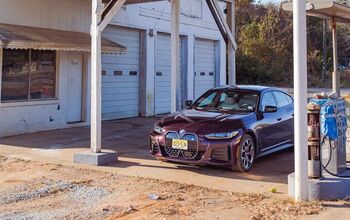

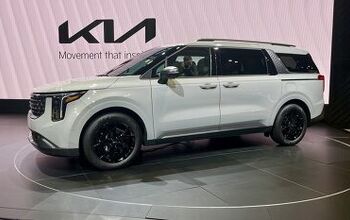

Comments
Join the conversation